Dr. Anna Rosling
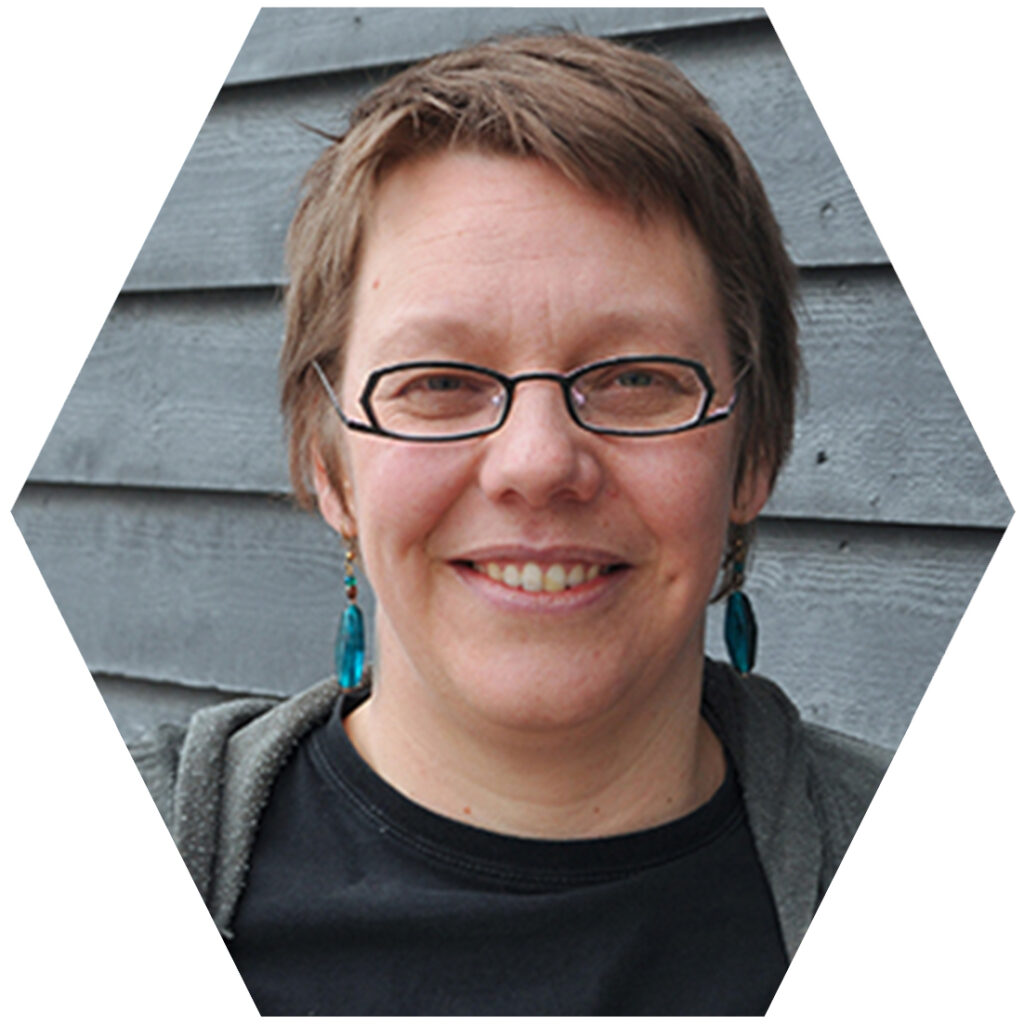
Genomics of uncultured fungi
Dr. Anna Rosling is a Senior Lecturer/Associate Professor in the Department of Ecology and Genetics, Evolutionary Biology at Uppsala University, Sweden. Her research focuses on fungal-soil interactions, treating soil as a dynamic biological system. She investigates how microbial processes shape soil development and how fungal communities assemble and adapt to the spatial and temporal heterogeneity of soil environments.
In her talk, Genomics of UNCULTURED FUNGI, Dr. Rosling highlighted the vast and largely uncharted diversity of soil fungi, their roles in biogeochemical cycles, and the critical processes they drive. Her work sheds light on the ecological and functional complexity of fungal communities, uncovering insights that could transform our understanding of soil ecosystems.
December 10, 2024
Professor Dr. John McKay
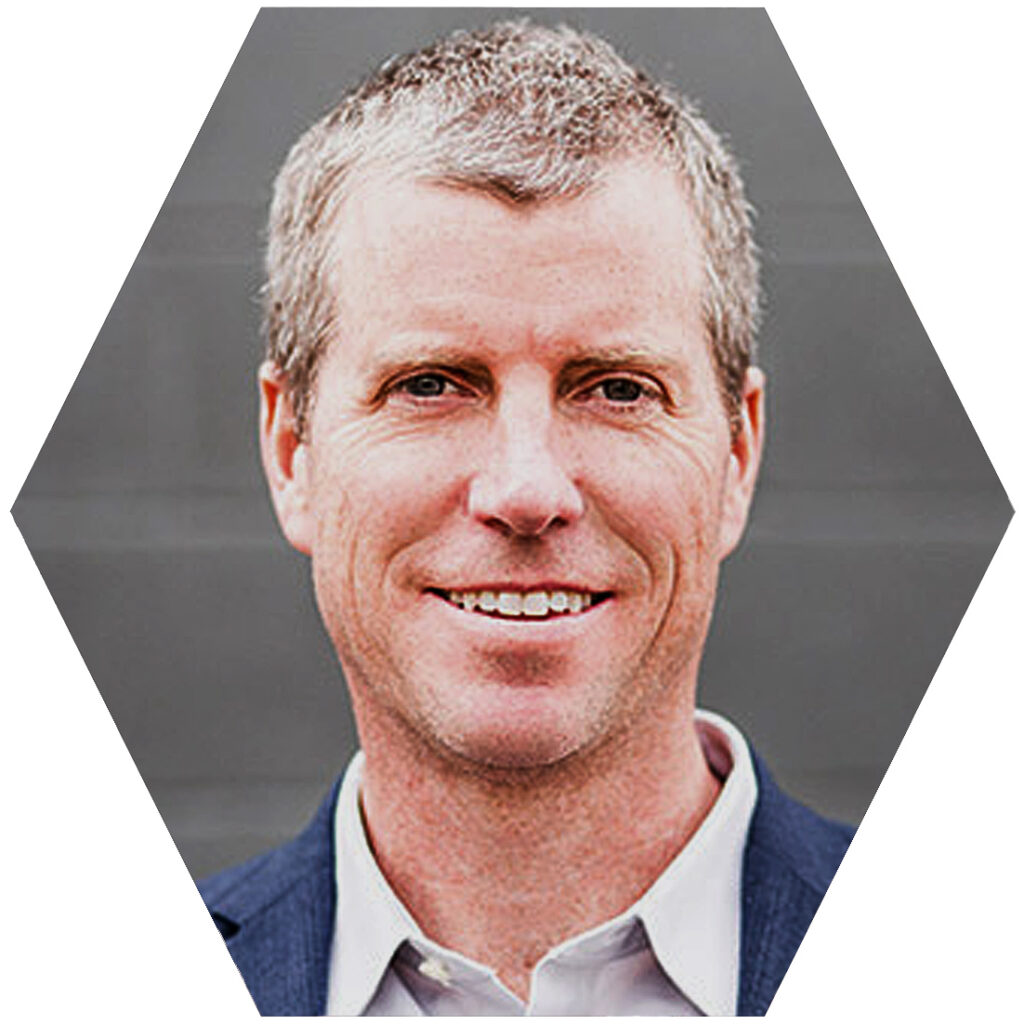
Crop PAN-genomes and the Genetics of Adaptation
Dr. John McKay is a professor of Ecology and Evolutionary Biology, focusing on the genetics of local adaptation in natural plant populations. His research explores how plants adapt to environmental stresses, such as drought, by examining genetic traits and their evolutionary history. In his talk, Crop PAN-genomes and the Genetics of Adaptation, Dr. McKay will delve into the genetic mechanisms behind adaptation and discuss its implications for crop breeding and conservation.
October 29, 2024
Prof. Kevin M. Folta
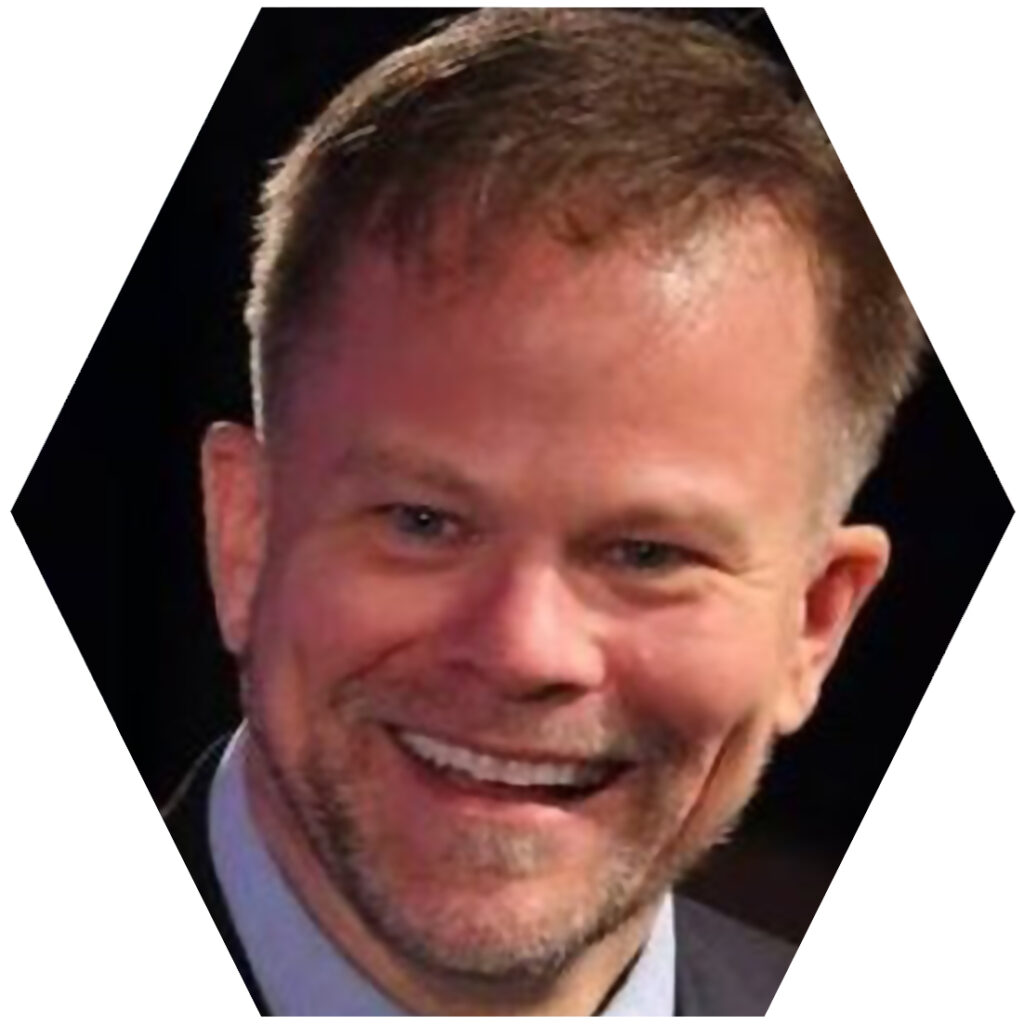
Synergizing Environment & Genetics: Effective Strategies for Controlled Settings
Kevin M. Folta is a professor in the Horticultural Sciences Department at the University of Florida.
From 2007 to 2010, Folta played a key role in the project to sequence the strawberry genome, and he continues to delve into photomorphogenesis in plants and the compounds that influence strawberry flavor. As a science communicator since 2002, Folta has been particularly active in discussions about biotechnology. In 2017, he was elected as a fellow of the Committee for Skeptical Inquiry.
Folta’s research group focuses on two primary areas: leveraging light to control plant traits and using genomics to identify molecular markers for essential fruit-plant characteristics. His work on photomorphogenesis explores how light can be used to influence plant growth and quality, aiming to maximize genetic potential without chemical or genetic modifications. In strawberry genomics, Folta has identified key compounds responsible for flavor, with the goal of breeding more flavorful varieties through traditional methods.
As an advocate for effective science communication, Folta offers workshops to teach scientists and farmers how to better engage with the public. He hosts the “Talking Biotech” podcast, where he discusses advancements in agricultural biotechnology and other scientific issues with experts. His outreach efforts aim to bridge the gap between scientific knowledge and public understanding, promoting informed discussions about controversial topics such as GMOs and genetic engineering.
June 25, 2024
Prof. Viola Willemsen
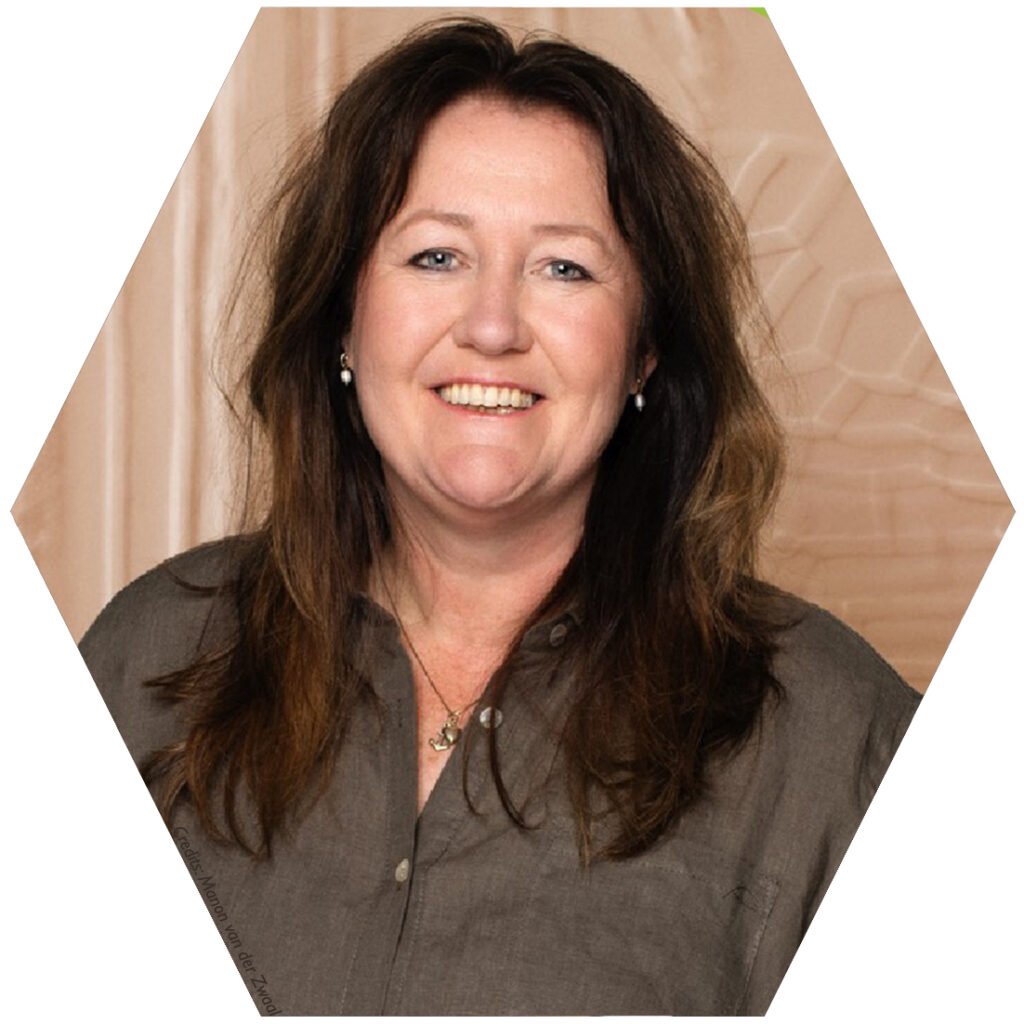
Unraveling the Secrets of ROOT ARCHITECTURE: From Cell Division to Organ Formation
Viola Willemsen is the chair holder and professor of Cell and Developmental Biology at the Plant Sciences Group of Wageningen University & Research.
For years, Viola Willemsen worked at Utrecht University, as a PhD candidate, postdoctoral researcher, and university lecturer. For her doctoral research, she studied pattern formation and polarity during embryogenesis and root formation of Arabidopsis. In 2012, Willemsen moved to WUR to work as a university (associate) professor. Over the past 3 years, she has been serving as an interim chair holder for the Plant Developmental Biology cluster, of which Cell and Developmental Biology (formerly Cell Biology) is a part. On the 1st of May 2023, Viola Willemsen was appointed as chair group leader and professor of Cell and Developmental Biology
Within the chair group that Willemsen leads, researchers study how cells adapt their identity, examining the dynamic functioning of cellular processes in relation to cell communication, cell growth, cell division, polarity, and the genetic networks involved.
April 2, 2024
Professor Malcolm Bennett
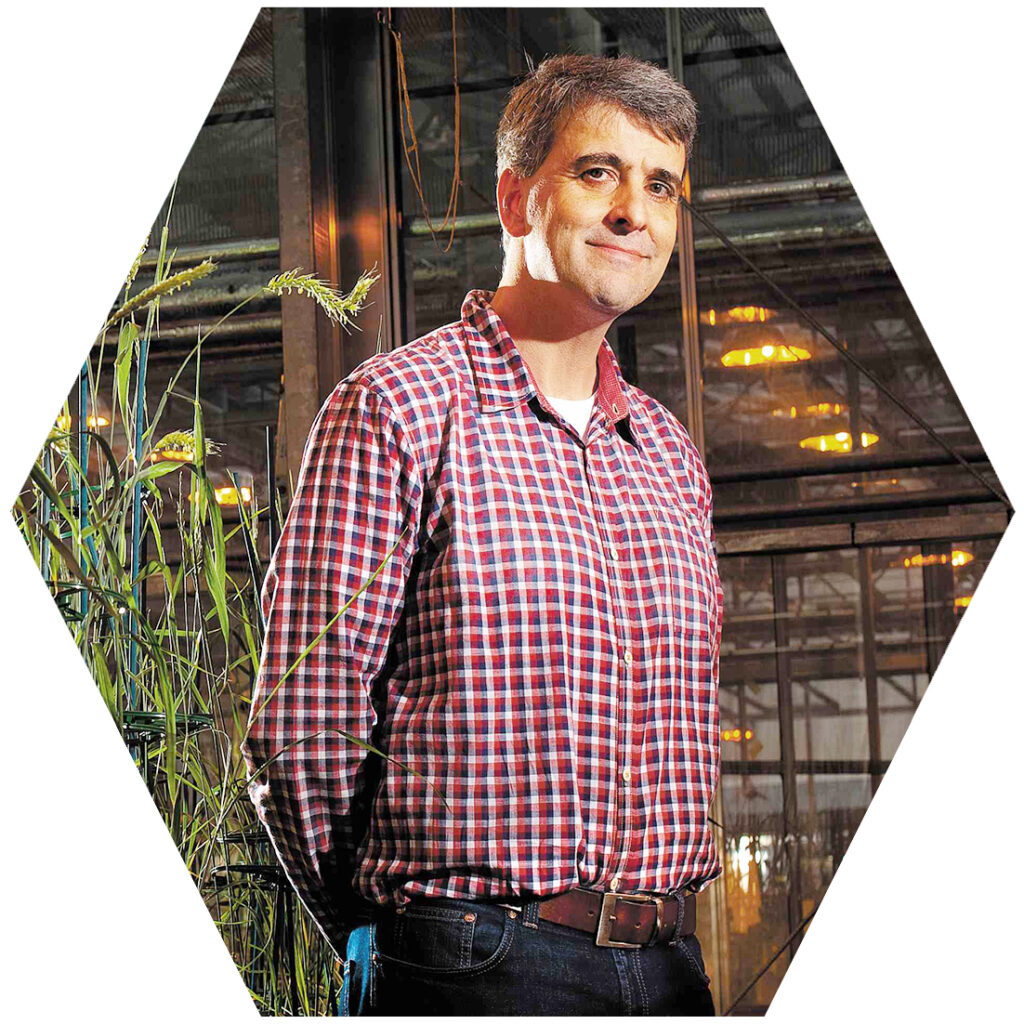
Uncovering the hidden half of plants: revealing how roots adapt to water availability
Malcolm Bennett is a Professor of Plant Sciences at the University of Nottingham (UK) and his together with his team he researches the hidden half of plants. Over the past decades they have characterized many of the regulatory signals, genes and mechanisms that direct root growth and development.
Malcolm’s team uses a systems biology approach to study root development. They have for example elucidated how roots respond to gradients of water availability, termed hydrotropism, and how hormones such as auxin control root growth and branching. Their work is funded by prestigious grants from the EU and UK.
Malcolm’s work is highly appreciated by the international community, bringing him among the top 1% most highly cited plant and animal biologists world-wide.
October 14, 2019
Professor Nick Talbot
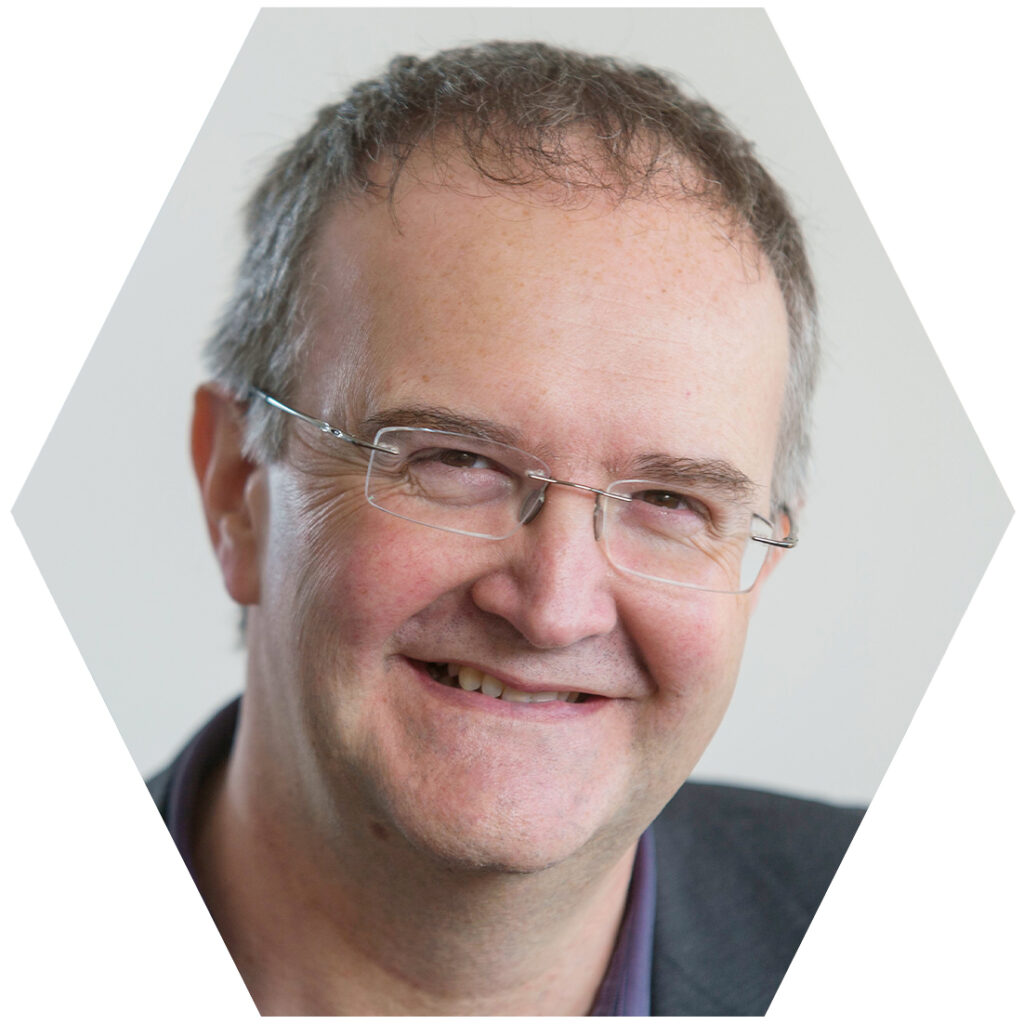
Investigating the biology of plant infection by the rice blast fungus Magnaporthe oryzae
Nick Talbot is Executive Director of The Sainsbury Laboratory. His research is focused on the biology of plant diseases and he utilizes a range of cell biology, genetics and genomics approaches in his work.
Nick is interested in fungal infection-related development and understanding how fungi are able to invade plant tissue and suppress plant immunity. His main contributions have been associated with understanding the biology of plant infection by the rice blast fungus Magnaporthe oryzae. Nick received his PhD in Molecular Genetics from the University of East Anglia.
After a period of postdoctoral research at Purdue University in the USA he moved to the University of Exeter, becoming Professor of Molecular Genetics in 1999, Head of the School of Biosciences in 2005, and Deputy Vice-Chancellor in 2010. He joined The Sainsbury Laboratory as Executive Director in 2018. He has authored more than 160 publications.
He was elected a Fellow of the Royal Society of Biology in 2010, a member of EMBO in 2013, a member of the Academia Europaea in 2014, and a Fellow of The Royal Society in 2014.
April 2, 2019
